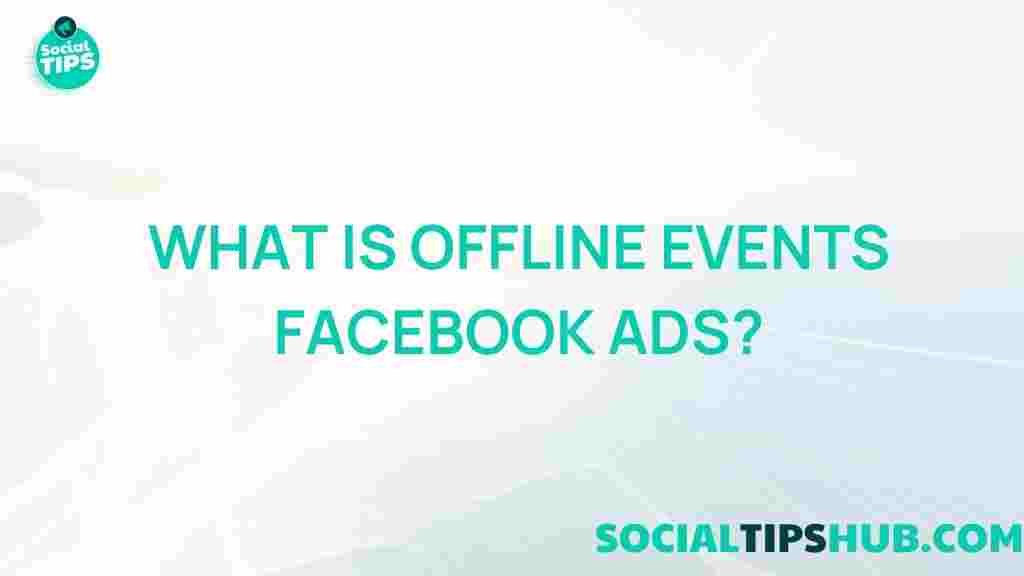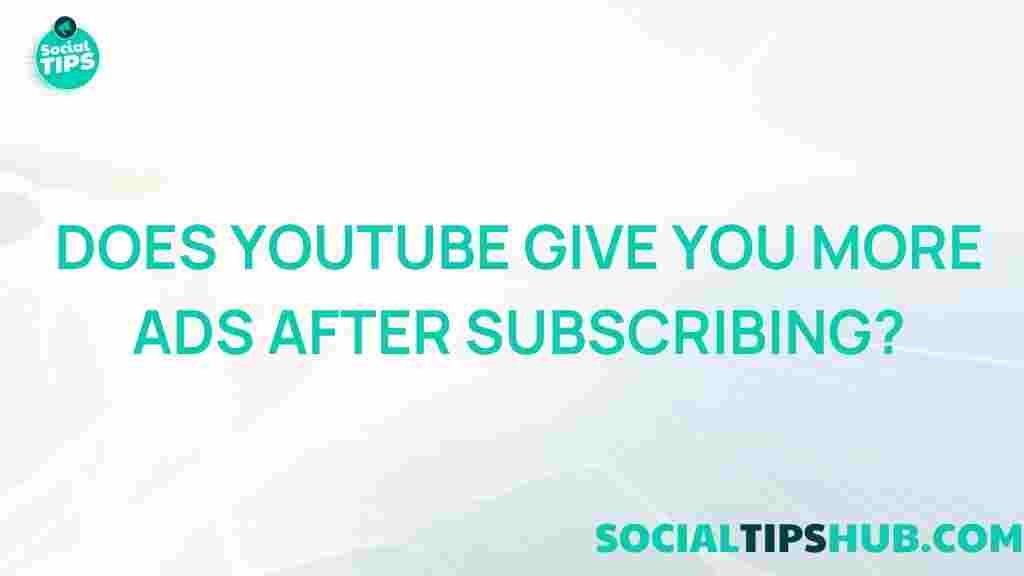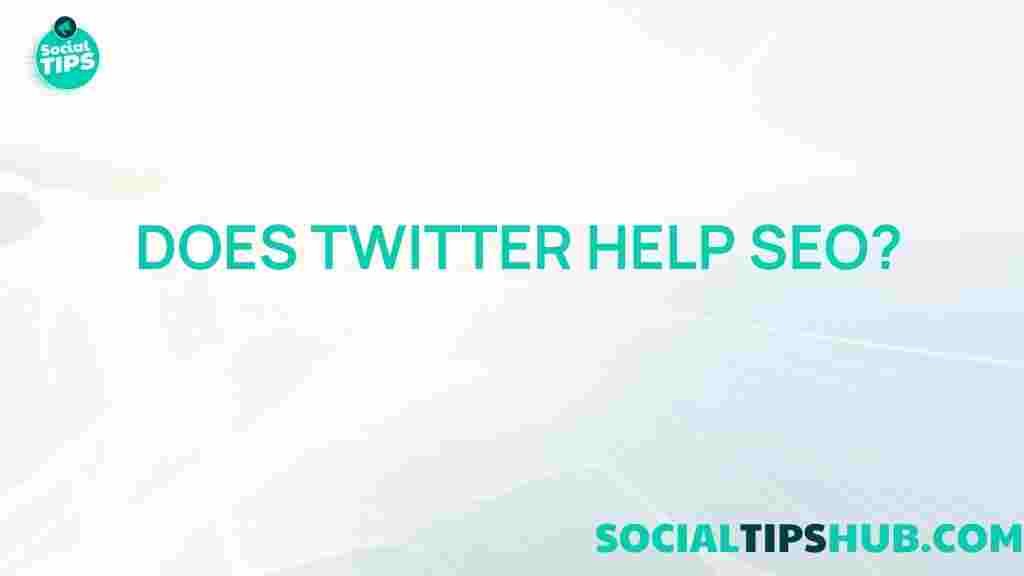In today’s digital age, businesses leverage online platforms to reach customers far and wide. However, the importance of offline events remains significant in establishing trust, building relationships, and creating memorable customer experiences. Offline events enable businesses to engage with their audiences in person, leading to deeper brand loyalty and higher conversion rates. Integrating offline events with Facebook Ads is a powerful strategy that can amplify a business’s reach, allowing you to effectively target attendees, measure conversions, and refine marketing campaigns. In this article, we delve into the concept of Offline Events Facebook Ads and provide a step-by-step guide to harness their potential.
Understanding the Impact of Offline Events
Offline events refer to in-person gatherings like workshops, conferences, product launches, and trade shows, where brands and consumers can connect face-to-face. Such events offer a tangible experience that digital interactions may not replicate. When combined with Facebook Ads, offline events allow marketers to bridge the gap between digital advertisements and real-life interactions, creating a comprehensive approach to customer engagement.
Why Integrate Offline Events with Facebook Ads?
Combining offline events with Facebook Ads provides several advantages:
- Enhanced Reach: Facebook Ads enable you to reach potential attendees before the event, improving attendance rates.
- Precise Audience Targeting: Leverage Facebook’s targeting tools to reach people who match your event’s profile.
- Improved Conversion Tracking: With offline event tracking, you can connect ad interactions with in-person actions, such as purchases or sign-ups at the event.
- Effective Retargeting: Target people who attended your event with follow-up ads for better engagement and potential sales.
How Offline Events Work with Facebook’s Offline Conversion Tracking
Facebook’s Offline Conversion Tracking allows businesses to measure offline interactions related to their ads. Here’s how it works:
- When a customer interacts with your ad online, their details are recorded.
- If that customer attends your offline event and makes a purchase or provides their information, the transaction is logged.
- Facebook cross-references the customer’s offline action with their online profile, creating a complete conversion picture.
Step-by-Step Guide to Setting Up Offline Events in Facebook Ads
Now that you understand the potential of combining offline events with Facebook Ads, let’s look at how to set it up in a few easy steps:
Step 1: Define Your Offline Event Objectives
Before diving into the setup, define clear objectives for your offline event. Do you want to drive sales, boost brand awareness, or generate leads? Clarifying your goals helps you create effective ads that align with your event purpose and deliver better results.
Step 2: Set Up Offline Events in Facebook Business Manager
To track offline events, you’ll need to create an offline event set in Facebook Business Manager:
- Log in to Facebook Business Manager.
- Navigate to the Offline Events section and click Create Offline Event Set.
- Assign a name to your event set and select the relevant ad accounts for tracking.
- Click Create to finalize the offline event set setup.
Step 3: Upload Offline Event Data
After creating your offline event set, you’ll need to upload data from your offline event for tracking. Facebook recommends including the following details:
- Customer’s name and contact information
- Event date and location
- Transaction details, if applicable
Facebook matches this data with user profiles, enabling accurate tracking of conversions from your ads to your offline event.
Step 4: Optimize Facebook Ads for Offline Events
When creating Facebook Ads for your offline event, focus on targeting and creative strategies:
- Targeting: Use Custom Audiences to target users based on demographics, interests, and previous interactions with your brand.
- Ad Creative: Design engaging ads with clear CTAs, informing people about your offline event and encouraging attendance.
- Budget Allocation: Allocate a portion of your budget specifically for event promotion, allowing more exposure.
Step 5: Track and Measure Your Offline Event Performance
Once your offline event concludes, analyze the collected data. Facebook’s analytics dashboard offers insights into how many people attended the event due to your ads and the ROI generated. Use these insights to refine future strategies.
Troubleshooting Common Issues with Offline Events Facebook Ads
Data Matching Challenges
Sometimes, customer information from offline events may not match Facebook profiles. Ensure data consistency by collecting complete and accurate customer details.
Inconsistent Conversion Tracking
Conversions might not reflect accurately if your data upload process is delayed. Aim to upload offline event data promptly after the event to maintain real-time tracking efficiency.
Privacy Concerns and Data Compliance
Always ensure that data collected at offline events complies with privacy laws and regulations, such as GDPR. Obtain explicit consent from attendees to collect and use their information for tracking purposes.
Additional Tips for Maximizing Your Offline Events Facebook Ads Strategy
Integrate with CRM Systems
Connecting your CRM to Facebook allows automated data syncing, reducing manual work and improving the accuracy of tracking offline events. Learn more about CRM integration with Facebook.
Leverage Retargeting Opportunities
After your offline event, create retargeting campaigns aimed at attendees. These follow-up ads can promote additional products, exclusive offers, or upcoming events, enhancing customer loyalty and increasing conversions.
Promote User-Generated Content
Encourage attendees to share their experiences at your offline event on social media. User-generated content can increase credibility and attract a broader audience for future events.
Conclusion
Merging offline events with Facebook Ads is a powerful strategy that maximizes the impact of in-person engagements while leveraging Facebook’s digital reach. By following a structured approach to set up, optimize, and analyze offline event campaigns, businesses can create a seamless experience that enhances customer loyalty, tracks conversions accurately, and boosts ROI. With proper data tracking and a well-thought-out advertising strategy, Facebook Ads for offline events can become a cornerstone of any successful marketing plan.
This article is in the category SmartBuy and created by SociaTips Team






